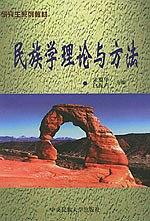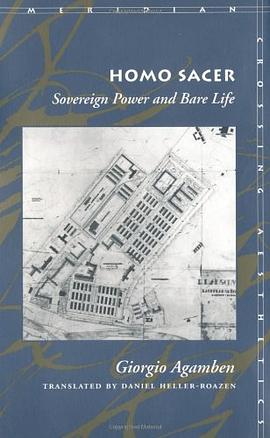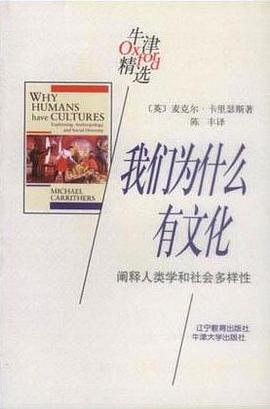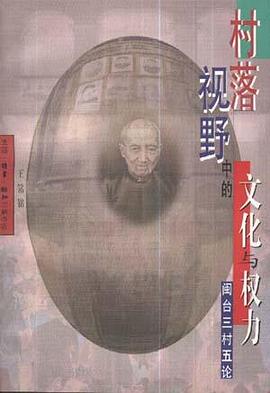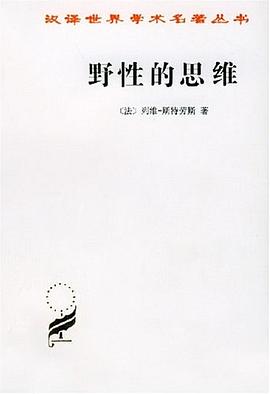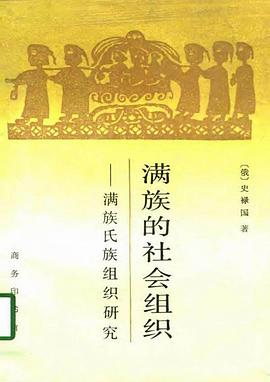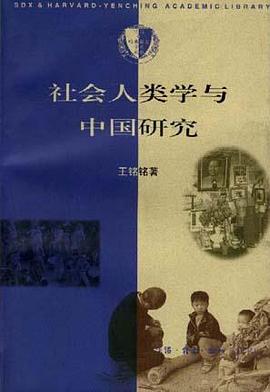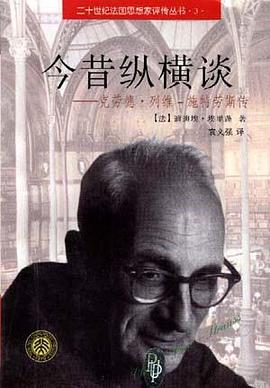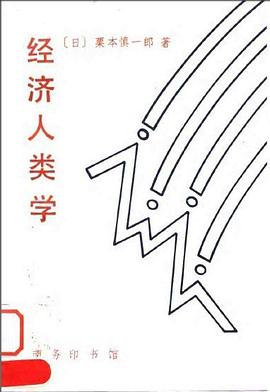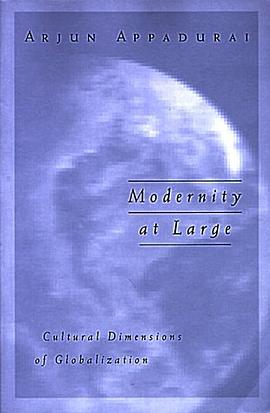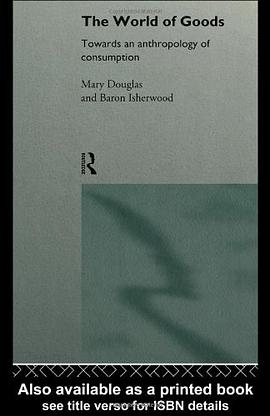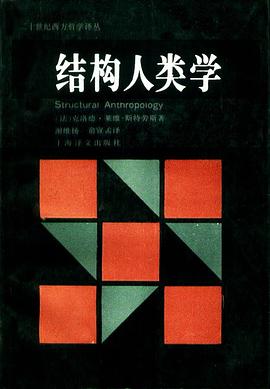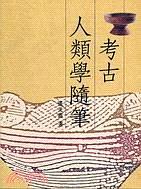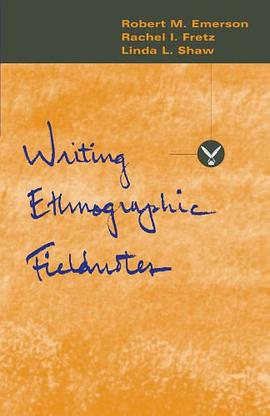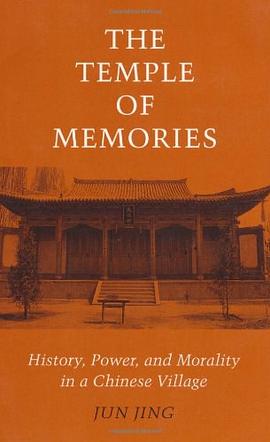

具体描述
This study focuses on the politics of memory in the village of Dachuan in northwest China, in which 85 percent of the villagers are sur named Kong and believe themselves to be descendants of Confucius. It recounts both how this proud community was subjected to intense suffering during the Maoist era, culminating in its forcible resettlement in December 1960 to make way for the construction of a major hydroelectric dam, and how the village eventually sought recovery through the commemoration of that suffering and the revival of a redefined religion.
Before 1949, the Kongs had dominated their area because of their political influence, wealth, and, above all, their identification with Confucius, whose precepts underlay so much of the Chinese ethical and political tradition. After the Communists came to power in 1949, these people, as a literal embodiment of the Confucian heritage, became prime targets for Maoist political campaigns attacking the traditional order, from land reform to the “Criticize Confucius” movement. Many villagers were arrested, three were beheaded, and others died in labor camps. When the villagers were forced to hastily abandon their homes and the village temple, they had time to disinter only the bones of their closest family members; the tombs of earlier generations were destroyed by construction workers for the dam.
---------------------------------------------------------------------------------------------
Review
"One of the best local ethnographies to date on post-reform China. . . . Conceptually sophisticated yet undiminished by unnecessary jargon, the book provides one of the most readable and intelligently framed accounts of change and continuity at the local level in China." —Journal of Asian Studies
"Anthropologists and historians will find themselves rewarded by this nuanced examination of social memory, ritual life, and the traumatic recent history of a remarkable village."—China Review International
"This gem of a book takes the study of Chinese village culture to new levels of theoretical sophistication, ethnographic nuance and literary evocativeness. . . . There are many fine books that tell similar stories of the devastation of rural communities during the Maoist era. Dachuan is different only in that the depth of its tragedy was several degrees worse than most. But what makes Jun Jing's book unique is his discovery of a way to probe the meaning of such a history for the villagers."—China Quarterly
"All audiences can enjoy the universal subjects of the book—children and food. . . . Feeding China's Little Emperor's is useful both for anthropologists or those looking at social change over the last few decades."—The China Business Review
"In 1961 the entire village of Dachuan was destroyed when it was submerged under a reservoir created by a newly constructed hydroelectric dam. . . . In Jun Jing's beautifully written account, The Temple of Memories, he reveals how the villagers tra
作者简介
Jun Jing is Assistant Professor of Anthropology at the City University of New York.
目录信息
2. Memory of Historical Possibilities
3. Memory of Revolutionary Terror
4. Memory of Communal Terror
5. Memory of Local Animosity
6. Memory of Ritual Language
7. Memory of Genealogical Retainers
8. Memory of Cultural Symbols
9. Finding Memories in Gansu
Notes
References
Character List
Index
· · · · · · (收起)
读后感
遵循近代美国实用主义思潮,没有调查就没有发言权,没有数据就没有说服力,于是,用实践检验真理,用数据说话就理所当然了。这在本书体会的淋漓尽致,据此,作者表现了一个学者应有的姿态。 只是,事实真的如此?作者提出一个社会记忆的理论,并因此进行考察、分析、证明、得出...
评分《神堂记忆——一个中国乡村的历史、权力与道德》是景军在哈佛大学的人类学博士学位论文,本书的英文初稿于1994年完成,中文版由吴飞翻译,几经周折,于2013年7月由福建教育出版社出版。本书以甘肃省的大川村的孔家人为对象,从社会记忆理论角度,对左倾政策导致的西北农村政治...
评分 评分“历史”之外的记忆 十年之前,我从兰州前往黄河上游的炳灵寺石窟,沿着盘山路,自行车骑到永靖县的刘家峡码头。在这里,我要搭乘快艇横渡著名的刘家峡水库,才能溯黄河而上,来到炳灵寺石窟。第一次见到刘家峡水库的我,被这万顷碧波感动,盛夏时节,身在西北高原,却有...
用户评价
其实我最好奇是景军对材料的安排 叙述的框架
评分闲逛图书馆的神奇发现。
评分膜拜景爷,电子稿读着也过瘾
评分咱系之光景爷的书!说真话是有点平庸啊。。。
评分真好看啊!
相关图书
本站所有内容均为互联网搜索引擎提供的公开搜索信息,本站不存储任何数据与内容,任何内容与数据均与本站无关,如有需要请联系相关搜索引擎包括但不限于百度,google,bing,sogou 等
© 2026 book.quotespace.org All Rights Reserved. 小美书屋 版权所有


